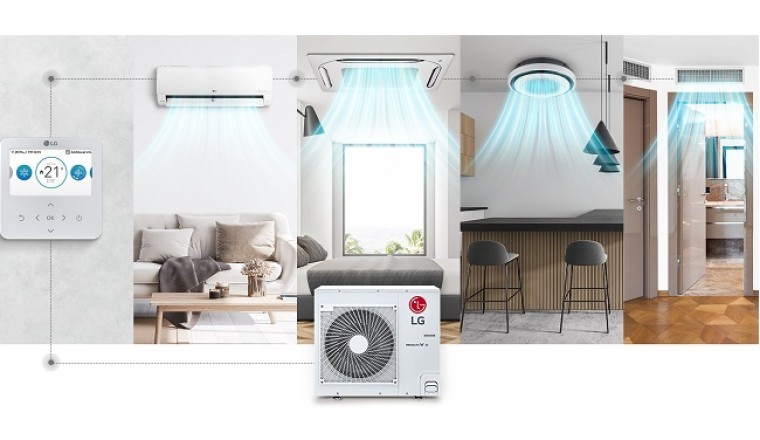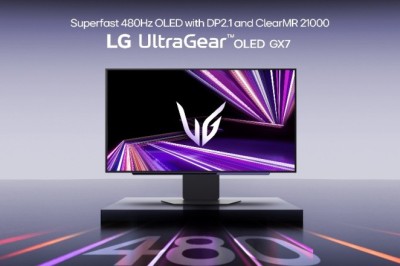
DUBAI, UNITED ARAB EMIRATES – Each type of building or commercial facility has its own set of requirements for comfort and energy consumption. However, healthcare facilities present a particularly unique set of requirements for the installation of HVAC systems.
Simultaneous climate and airflow control is crucial to preserving the health and safety of patients and healthcare workers alike. Yet, it can often be difficult for decisionmakers to identify an HVAC system which manages all of the unique needs of a hospital, while mitigating additional risks offset by the pandemic.
Hospital HVAC systems presents additional needs including hygiene, sanitation, therapeutic environments and health risk management. Not only do these healthcare needs make for more complicated design processes, but they also increase initial investments and maintenance costs while making overall system efficiency and added challenge.
Hospital administrators and developers must examine designs for thorough air purification and ventilation. Beyond these factors, reliable 24-hour operation and comprehensive airflow control for the prevention of air contamination between areas within the facility must also be taken into consideration. HVAC retrofitting has proved to be an ideal solution – enabling healthcare practices to enhance existing HVAC systems, implementing newer, more energy-efficient equipment.
As a leader in HVAC solutions, LG Electronics (LG) is empowering healthcare facilities to leverage smarter and greener solutions as they embark on and continue their retrofitting journeys. One of LG’s most widely used technologies in the healthcare sector is its air purification kits for ducted and non-ducted air conditioning units.
Each air purification kit comes as an accessory which, subject to compatibility, can be connected to an existing LG air conditioner. Where an alternative, older AC system is in place, this can also be retrofitted with a new LG AC unit, which also comes with its own air purification capabilities. LG’s air purification kits feature some of the most comprehensive filtration abilities currently available, including a MERV 13 filter and UV sanitization.
An air filter’s minimum efficiency reporting value (MERV) rating evaluates how efficiently the filter is able to stop dust and other contaminants from passing into the air stream. Filters with higher MERV ratings are understood to trap small particles more effectively than those with lower ratings. The American Society of Heating, Refrigerating and Air-Conditioning (ASHRAE) recommends filters with a MERV rating of 13 or higher for use against reducing bacteria and droplet nuclei which lead to the spread of airborne diseases.
Similarly, UV-C sterilization found within LG’s air purification kits is the most powerful ultraviolet sterilization method available for germicidal control, with the ability to destroy bacterial DNA and RNA.
In particularly critical environments where negative pressure rooms are required, LG’s Energy Recovery Ventilation (ERV) units can be used to maintain an optimal environment. LG ERV units can control supply fan and exhaust fan speeds separately, enabling healthcare facilities to maintain positive or negative pressure as required.
They also ensure fresh, clean air is delivered by recovering cold air and passing it through a plate heat exchange which eliminates contamination. LG’s ERV technology deploys a heat exchanger to reduce the heat load generated in the process of taking fresh air, saving up to 60% of energy.
LG has also introduced a series of Air Handling Units (AHUs) which can be connected to its Multi V 5 outdoor VRF systems, customized based on air quality requirements. They can be used for setting up positive and negative pressure rooms, as well as to support operating theatres. LG’s Multi V 5 with AHU is recommended for large capacity applications.



















Facebook Conversations
Disqus Conversations